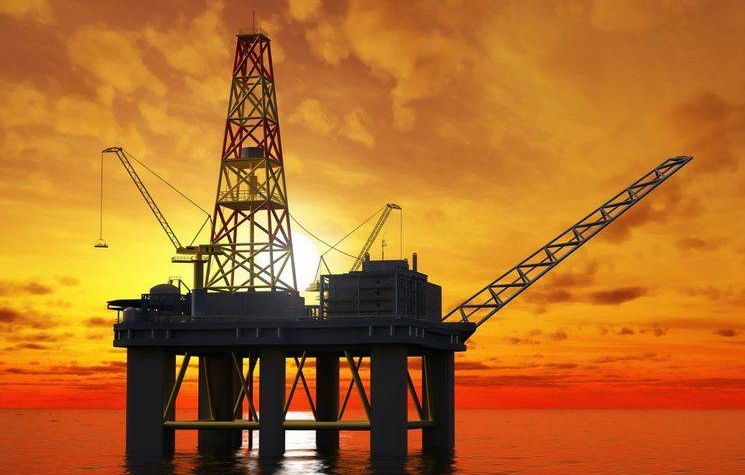Shell swoops on BG Group in £47 billion deal

By Amy McLellan
It’s one of those deals that will have surprised few in the industry with Royal Dutch Shell ending years, if not decades, of speculation by agreeing a recommended cash-and-equity deal for BG Group. The offer values the London-listed exploration and production group at £47 billion, a 50 per cent premium on the share price on April 7. Shares in BG Group surged more than 40 per cent on the news.
BG Group was created in 1997 when British Gas demerged into two separate companies -BG Group and Centrica. Despite many successful years as an international exploration and business, in recent years BG Group has been under pressure as it undershot on production numbers, seemed to lose strategic direction and felt the sting of falling oil prices, warning in February that it would write down the value of its assets by nearly £6 billion due to the price slump.
Supermajor Shell said BG Group shareholders would enjoy higher dividends, as it confirmed its intention to pay its existing shareholders US$1.88 per ordinary share this year; BG Group shareholders had been expecting a dividend of just US$0.14 this year. Shell said it would also provide BG Group shareholders with a “mix and match facility”, allowing them to vary how much they receive in cash and new Shell shares.
Analysts at Investec said this was a “compelling offer” for BG investors. “BG has struggled to shake off the perception that, in developing Brazil and Australia, it bit off more than it could chew,” said Investec analyst Neill Morton. “New CEO, Helge Lund, (or, perhaps more likely, Chairman Andrew Gould) has accepted that BG’s asset base is more suited to a company with deeper pockets.”
Current BG Group chief executive Helge Lund, the former Statoil boss who took up the post last month after a bruising row with shareholders over his remuneration package, will remain with BG Group while the deal goes through, but is expected to leave once it is completed.
For Shell, the deal will add 25 per cent to its proven oil and gas reserves and 20 per cent to production capacity, particularly in Australia’s liquid natural gas (LNG) market and in deep water oil exploration off the Brazilian coast. Annual savings of US$2.5 billion are expected although Shell chief executive Ben van Beurden said he remained committed to North Sea oil and expected to invest £4 billion between 2016 and 2018.
Analysts have had mixed views on the wisdom of Shell’s move. “We suspect that Shell is pouncing on BG’s imminent free cash flow to protect its burdensome dividend payout,” said Morton of Investec.
Analyst Malcolm Graham-Wood, founder of Hydrocarbon Capital, however, said Shell had “made a very smart move”. “The bid plays to their strategy of concentrating on integrated gas and deep-water exploration and development,” he said.
Analysts at Wood Mackenzie also reckoned Shell has been astute in its choice of candidate and the price paid. According to Tom Ellacott, VP of corporate analysis at the Edinburgh-based upstream consultancy, Shell has made a compelling first move on the M&A market, using its financial strength to take advantage of the slump in oil prices.
“First mover advantage secures Shell industry leading positions in deepwater oil and LNG,” said Ellacott, who said oil in deepwater Brazil was a “real prize for Shell” with breakeven prices for the main assets ranking alongside the best tight oil plays.
Ellacott also noted that an LNG behemoth has now emerged: “the combined entity will control sales of 44 million metric tonne per annum of LNG by 2018, making it the largest LNG seller globally”. This scale advantage will provide “unrivalled flexibility” and “significant scope for portfolio optimisation”.
The question for the markets now is whether Shell’s first mover deal will trigger a wider wave of upstream corporate M&A activity.
B
Comments (0)